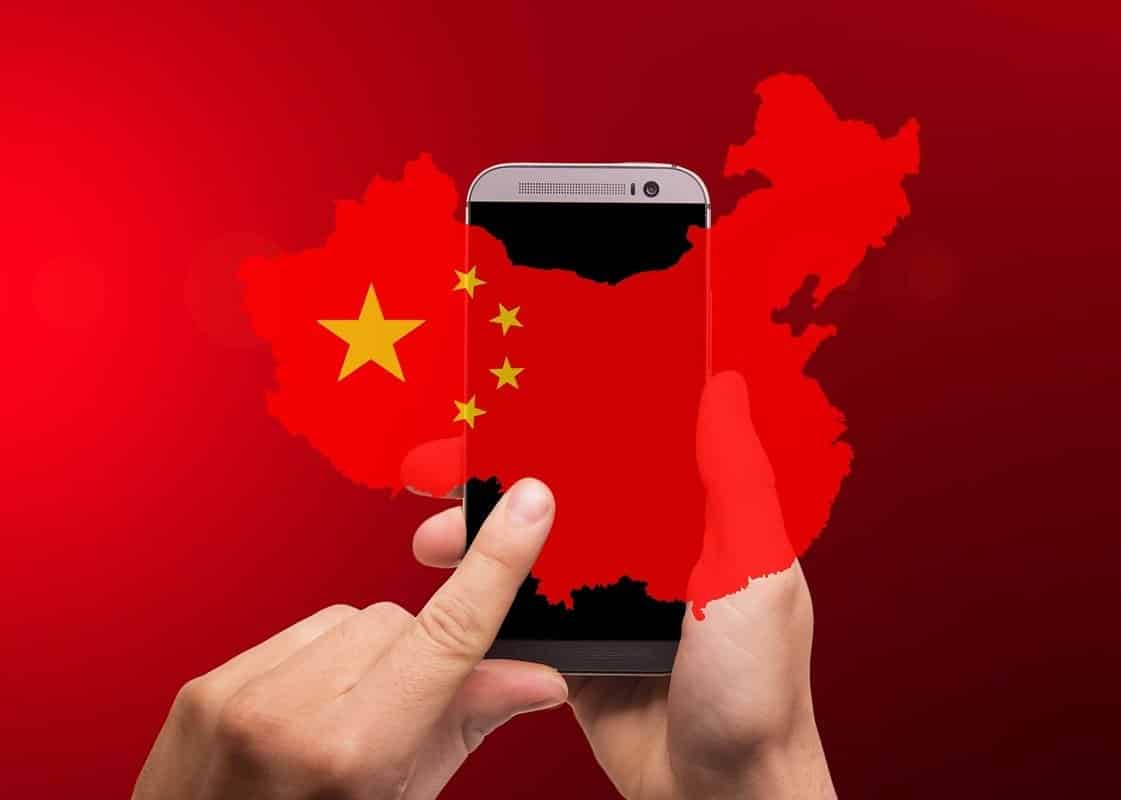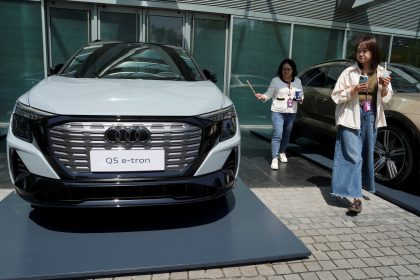US Companies Face Dilemma When Business Helps Dictators

WASHINGTON — Foreign policy experts described an enormous challenge Monday for U.S. corporations wanting to improve their international business while facing political pressure from authoritarian governments.
Some cave to the pressure to increase their revenue while others resist, putting them at risk of losing business in the foreign countries.
Similar issues were discussed last week during a videoconference summit between President Joe Biden and Chinese leader Xi Jinping.
Biden complained about China’s “unfair trade and economic policies” hurting American workers but also raised concerns about human rights abuses in Xinjiang, Tibet, and Hong Kong.
The dilemma mentioned during the U.S. Commission on Security and Cooperation in Europe discussion Monday addresses when a healthy bottom line means the corporations are fueling repression and human rights violations in foreign countries.
In recent days, executives from American corporations have reported that China has been using its influence over their businesses by asking them to lobby against congressional bills to enhance U.S. international competitiveness. Otherwise, the corporations risk losing their Chinese market share.
Paul Massaro, senior policy advisor to the commission, explained the question as, “How do we stiffen the spines of corporations?”
He said some corporations were caught in an irony with their international business.
They inadvertently break international law by helping to fund regimes with bad human rights records but at the same time, “The private sector relies on the rule of law,” Massaro said.
He and other policy advisors suggested requirements for greater transparency by the corporations. They could continue their international business but they would be required to report their interactions and discussions with the foreign governments.
“Don’t hide it in a black box,” said Vladimir Milov, a Russian opposition politician and economist.
He mentioned the example of Alexei Navalny, a Russian opposition leader and anti-corruption activist. Navalny gained international notoriety by organizing anti-government demonstrations and running for office to advocate reforms against corruption and President Vladimir Putin.
Navalny has earned more than 6 million YouTube subscribers and more than 2 million Twitter followers. He uses social media to publish information about corruption in Russia.
The Russian government ordered social media and internet news companies to take down content about Navalny.
Technology company Apple Inc. removed references to Navalny from its online news services. Internet service provider Google LLC refused.
So far, the Russian government has not shut down Google, partly because its YouTube app is very popular with Russians, Milov said. Shutting down YouTube would create a political backlash for Putin.
“They have a lot of leverage,” Milov said about Google.
The problem is that choices of whether to resist or comply are not set by any U.S. government standard, he said.
“All of this is left to the unilateral will of these big corporations,” Milov said.
Perhaps a better option would be for the U.S. government to enact rules that remove the discretion of corporations about how to respond to political pressure from repressive regimes, he said.
Much of the discussion focused on China’s interplay between business and government.
In China, “There’s a very deep appreciation for the effect that money and companies have on political discourse,” said Matt Schrader, an advisor on China for the International Republican Institute public policy foundation.
In recent years, the Chinese government has required corporations to share data about their business enterprises. It also has threatened to shut down foreign businesses that defy its rules on censorship.
He said Hollywood movies have been banned if they discredit the Chinese government. For some movies, China is the theaters’ first or second biggest market.
In response to a question from The Well News, Schrader said that data-sharing requirements are likely to help in China’s military buildup.
“It’s inevitable that it will contribute to military advancements,” Schrader said.
China’s intertwined business and government makes it nearly impossible “to separate China’s embrace of technology from its embrace of military power,” he said.
Last week, a commission of security and economic experts organized by Congress recommended that the United States more aggressively withdraw commercial ties with China, warning of growing national security risks.
The report from the U.S.-China Economic and Security Review Commission suggested restrictions on U.S. investment in China.
Karen Sutter, an Asian trade and finance specialist for the Congressional Research Service public policy foundation, said that without changes, the outlook is poor for China to stop turning over information from foreign businesses to its military.
“We have some [U.S.] companies doubling down and increasing their presence in China, particularly in technology and in research,” she said.
Tom can be reached at [email protected]






















